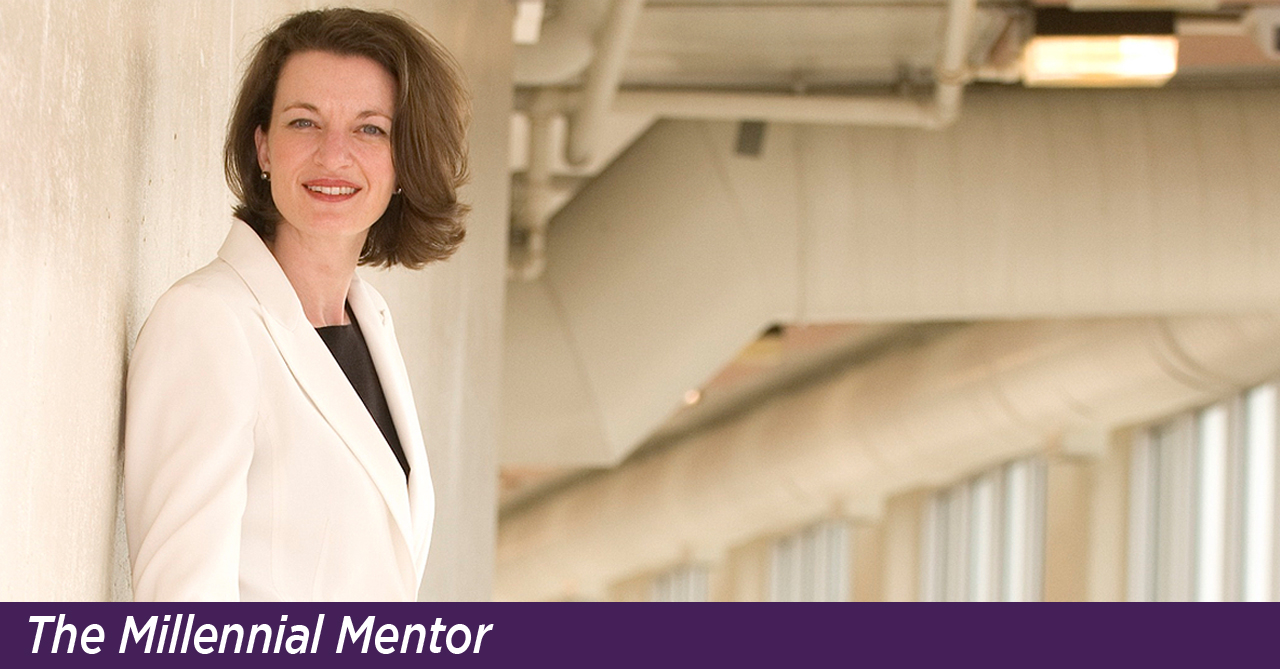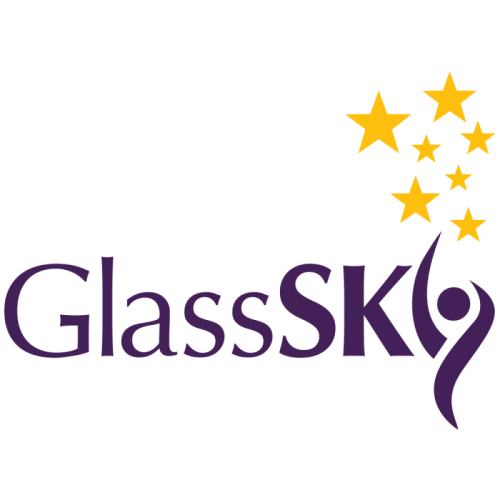
By Robyn Tingley
“What’s up with this new generation? They’re technology addicted. They live with their parents well into adulthood. They can’t seem to hold a job and seem so entitled”. It’s an all-too familiar lament, and not entirely fair.
Today’s emerging generation of young adults is set to supplant what has been the most influential generation on earth. Yet, little research has been done on Millennials – sometimes called Generation Y or Generation Me. Of the studies that are available, here’s what we know:
- Millennials were born between 1980 and 2000, meaning they range in age from high school students to adults in their mid 30s. That is a huge cohort to try to define. There are about 9 million of them in Canada. As of 2015, they represent the largest generation in the workforce at 37%.
- Millennials’ consumer spending power is enormous at an estimated $200 billion. Marketers everywhere are scrambling to figure out what makes them tick, how they buy (organic food tops a lot of lists), and what – if anything – will keep them loyal to a brand.
- This is the most well educated, technologically savvy, globally connected generation ever. They have grown up with unprecedented parental attention and relative wealth – many continue to live at home.
Stereotypes persist. Self-absorbed. Poor work ethic. No understanding or respect for finances. No loyalty to employers. True or false? First of all, not all Millennials are created equal. The Boston Consulting Group surveyed 4000 Millennials and found that there are six distinct groups. Some are students, some are parents, and some are environmentally minded volunteers. And yes, some are just happy enjoying their gadgets while traveling the world seeking the ultimate experience, but those represent a small group.
Most Millennials are highly motivated, socially conscious, ambitious, and have conviction of values to make a meaningful difference in the world. As far as work ethic goes, Millennials have a far better grasp on work/life balance than my generation does, and that’s a good thing for families, mental wellness and healthcare. They aren’t as individually competitive as previous generations. They value collaboration, true diversity and team environments. About a third call themselves entrepreneurs. These are tremendous assets.
I, for one, have Millennial envy. With their sheer numbers, education levels, and global connectedness, Millennials are a force to be reckoned with. I believe that if this generation can embrace their potential, they can make incredible things happen for societies and economies.
But here’s the problem. The conversation is far too lopsided. Articles abound on how employers must brace themselves for this new generation of self-entitled job hoppers entering the workforce. Management teams everywhere are trying to figure out how to keep Millennials engaged and loyal – both as employees and consumers. Admittedly, this is a challenge. But the greater challenge is for the motivated Millennial – the one that is career-oriented and looking for opportunities to learn and make a valuable contribution.
Motivated Millennials have found themselves disappointed with underemployment driven by a tough economy that makes no commitments on long-term jobs, offers temporary contract positions, serial internships and lower earnings. Workforces and wages are shrinking. As a result, many Millennials are putting off major investments and life decisions like buying a home, getting married or starting a family – none of which is particularly good for the long-term strength of our society.
If a Millennial is lucky enough to get a full-time job, what is the likelihood of being mentored? Sadly, chances are that their boss is doing the work of three and four jobs, having absorbed all of the cuts and downsizing of recent years. Most time-crunched managers can’t properly coach these new employees and give them the feedback they constantly crave.
Robyn Tingley’s career has taken her around the world as an international executive in Human Resources and Communications. She is the founder of GlassSKY.org, an organization dedicated to workplace diversity, gender equality, and helping people succeed.
